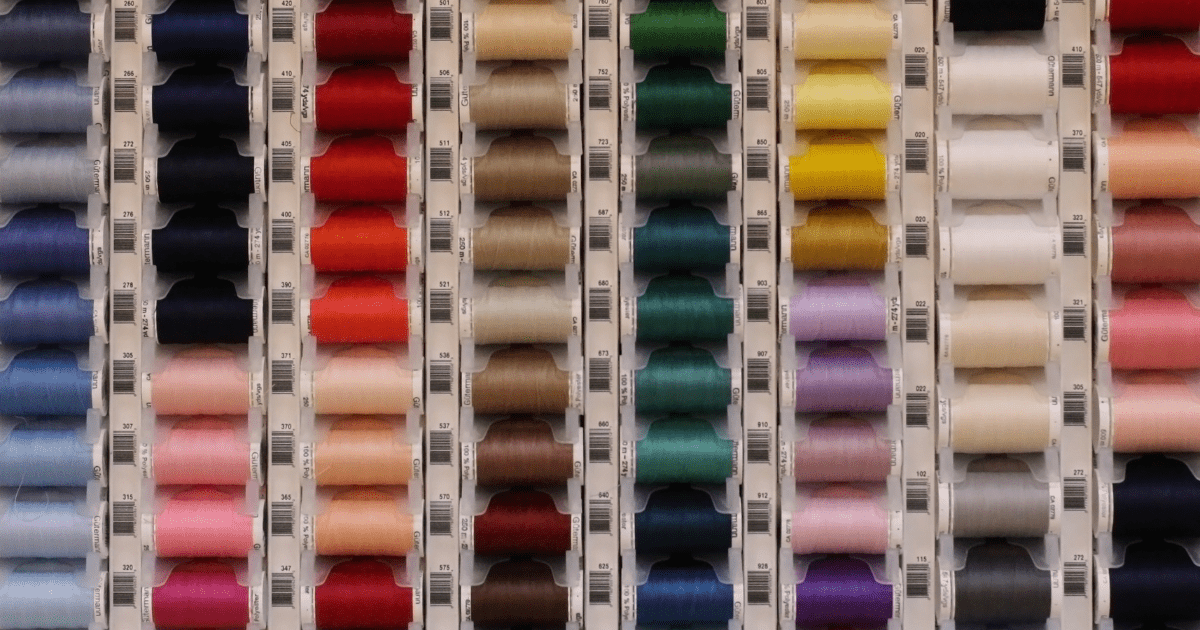
Starting a business in the textile industry is a dream for many. You might want to create your own line of T-shirts, produce designer suits, manufacture your own fabrics, or more. Whatever the case, the textile industry is big business in South Africa.
You will need to have a strong understanding of this industry in order to make an impact. In this guide, we’ll cover an overview of the textile industry in South Africa, and what it takes to start a successful business within this sector.
Industry Overview
The Clothing, Textiles, Footwear, and Leather (CTFL) industry is a big deal in South Africa. The CTFL industry currently makes up around 14% of manufacturing employment in the country. This means the sector facilitates an estimated 60,000 to 80,000 jobs. Textiles are also South Africa’s eleventh largest manufactured goods export.
The South African textile industry is also very versatile, with a blend of traditional and modern textile production processes being used. The South African government has recognised the opportunities that the textile industry offers, and so it has focused on improving domestic textile products, processes, and delivery efficiencies.
In fact, over USD-$1 billion has been spent on the South African textile industry since 1994, to help the industry upgrade and modernise. This has been done to help the textile industry compete on a global scale.
As a small business, the South African textile industry offers many opportunities. From producing clothes and selling them in a local market to mass textile production, there are many examples of South African fashion businesses that have achieved great success.
Getting Started in the Textile Industry
Starting a business in the textile industry requires a lot of hard work, but it can also be highly rewarding. The first step is to find the right niche and establish a business model that will work. This could include textile manufacturing, designing and sewing clothes, or anything else related to textiles and fashion. This is a highly competitive industry, so ensure your textile business idea is unique.
Two essential elements of a successful textile business are market demand and quality suppliers. Make sure you have a viable customer base that you can target, and that you have a reliable and high-quality textile supplier.
Then you will need to establish your manufacturing process. This may require a manufacturing space, as well as heavy-duty machinery and equipment. However, it is also possible to start a simple clothing business without much more than a sewing machine.
Then you will need somewhere to sell your textiles. This could be at a market, it could be through your own shopfront, or you might sell to other businesses. Establishing a clear sales and marketing strategy to pull this off is essential.
Like any business, the revenue and profits of your textile business will be limited by your production output. When creating a business plan, consider how your business will be able to scale production over time to grow. This will likely involve investing in new equipment, taking on more staff, and potentially moving operations to larger premises.
Textile Industry Challenges
One of the greatest challenges in the South African textile industry is competition with foreign markets. Many foreign textile producers are able to produce cheaper clothes at a far greater scale. Small local businesses also have to compete with big-name clothing brands, stores, and manufacturers.
Securing enough capital to expand textile manufacturing and operations can be a significant challenge for small, local textile businesses. This is necessary though if businesses want to compete with larger competitors.
Laws and Regulations
Textile businesses in South Africa must follow the relevant laws around imports and exports. This includes things like “country of origin” labelling on all textile items.
As with any business, a textile business requires the necessary licenses and permits to trade.
Must-Have Tech Tools
Beyond the essential technology for manufacturing, there are various tech tools that textile businesses can use to grow. This includes software solutions for back-office tasks like bookkeeping and inventory management. Textile businesses will likely also require an online store, which will include online marketing tools.
The textile industry forms a major area of manufacturing in South Africa. While this means a lot of competition, it also means there are a lot of opportunities.
With the right business plan, there are many different ways that you could start a successful business within the textile industry. And as this sector steadily grows and modernises, the opportunities within it will only increase.





